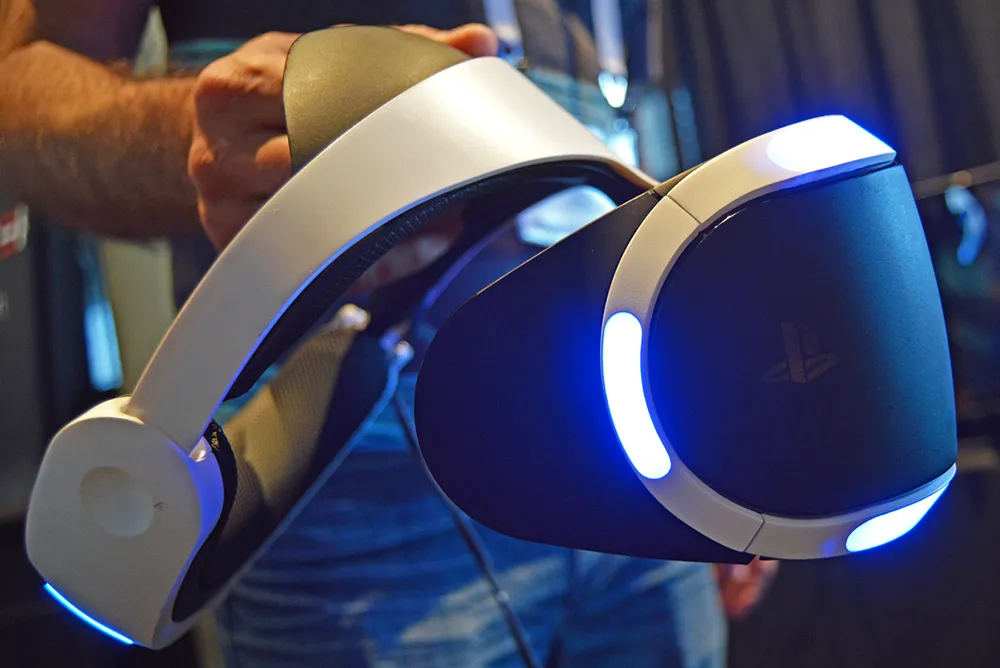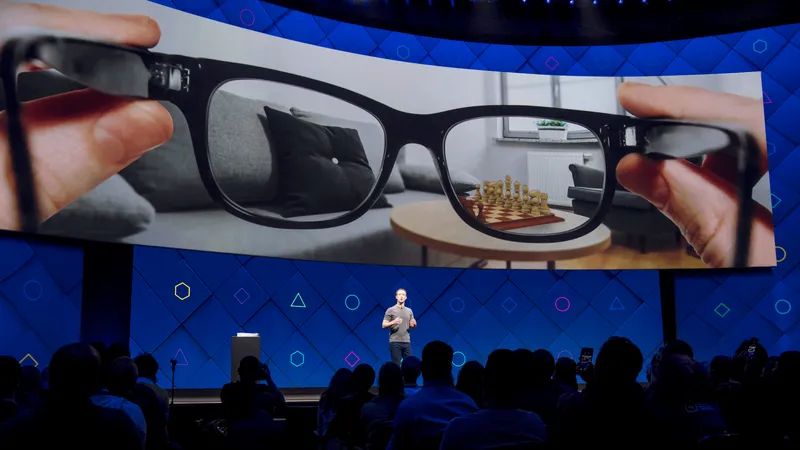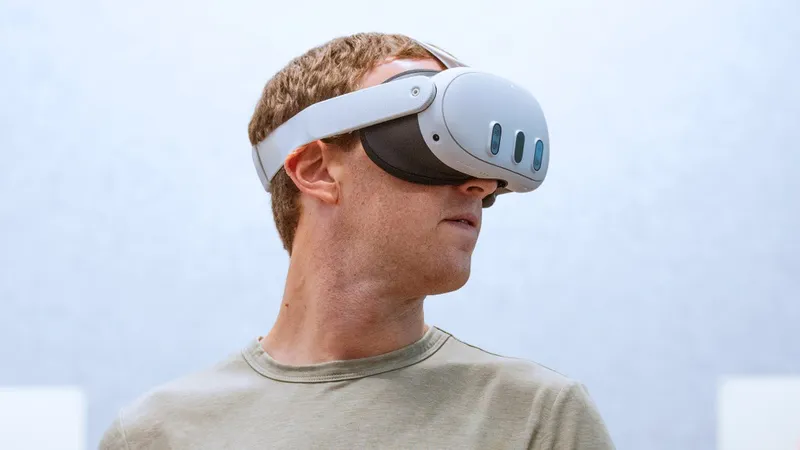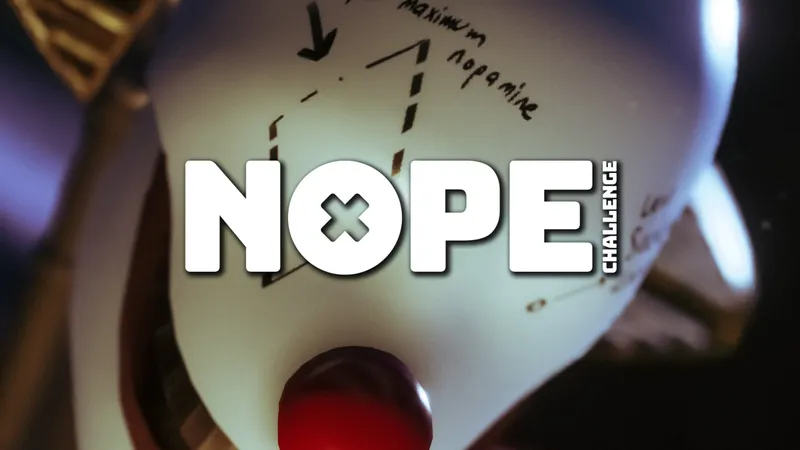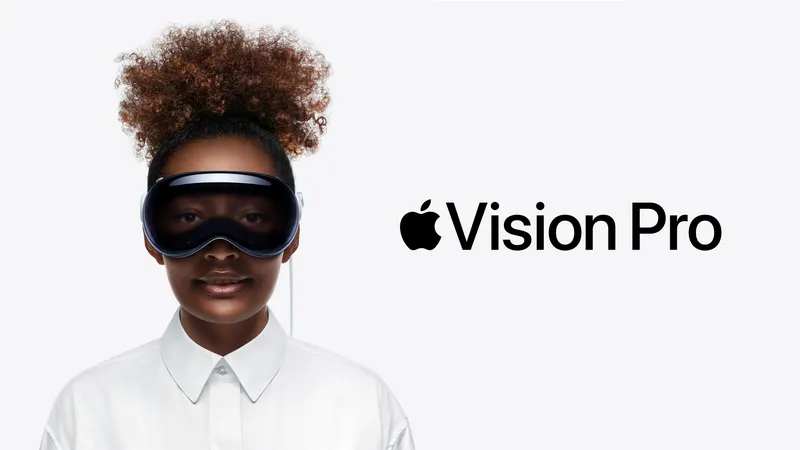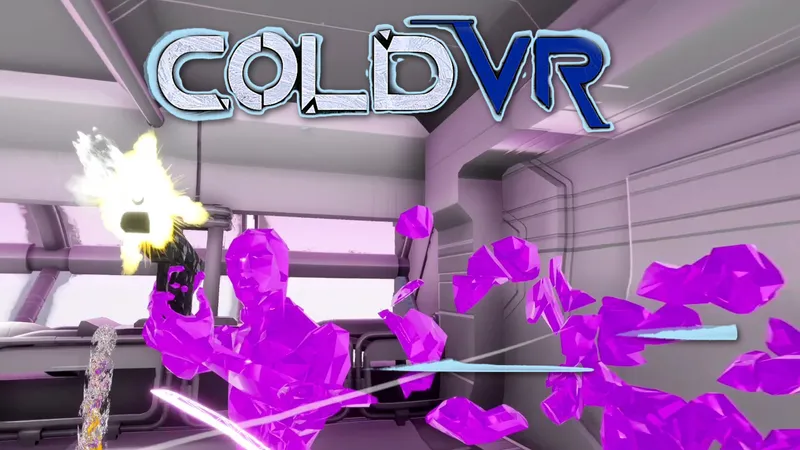For many VR purists, PlayStation VR is held back by the console it supports, PlayStation 4, which lags behind the PCs powering the Oculus Rift and HTC Vive. But this might not be an issue for long.
In a recent interview with Nikkei, as translated by Reddit user MSDefenseForce, Sony Computer Entertainment executive vice president Masayasu Ito suggested that the upcoming VR kit could one day support PCs too. Ito noted that this wouldn’t happen ‘right away’, but confirmed that it was certainly possible since the PlayStation 4 ‘shares a lot of its internals with PCs’.
Here is the original text in Japanese as it appeared in Nikkei:
プレステVRは、単なるプレステ4向けの周辺機器にとどまらないのだ。先述の伊藤氏は「今すぐではないが」と前置きした上で、将来的にプレステVRをパソコンと接続して利用できるようにする計画を検討中であることも認めた。「プレステ4は元々、内部パーツがパソコンに近いため可能性はある。今はゲームに集中しているため、何かを発表する段階ではないが、さまざまな分野に広げられるだろう」(伊藤氏)
It’s true that the PlayStation 4 is similar in architecture to a PC, especially when compared to its predecessor, the PlayStation 3, which used proprietary tech. The system’s GPU, for example, utilizes a semi-custom AMD Radeon unit. It could be, then, that PlayStation VR could just as easily identify and work with PC rigs just as it does the PlayStation 4 right now, though obviously Sony itself would have to allow this to happen. With recent news that the company’s Remote Play streaming is coming to PC, however, that doesn’t seem out of the question.
At $399, PlayStation VR already offers some serious competition to both the $599 Oculus Rift and $799 HTC Vive, but PC compatibility could really give both systems a run for their money. This would give PC VR users a much more affordable option on the headset side, though the kit isn’t without its compromises. For example, its single panel display offers less per eye resolution than the dual panel displays of its competition. That said, the 120Hz ‘reprojection’ concept seen in PlayStation VR is unique to the system, beating the 90Hz options on offer in Rift and Vive.
There’s also the question of control; the PlayStation Move motion controllers could also support PC hardware in the future, but do they measure up to Oculus Touch or the SteamVR controllers? And would Sony’s stance on prioritising seated VR change in the transition to PC? There’s certainly a lot of questions to answer about this potentially vital move.
For now, though, we can look forward to the arrival of PlayStation VR in October 2016 both as a core unit and a launch bundle that includes two Moves, a PlayStation Camera and a copy of PlayStation VR Worlds for $499.

